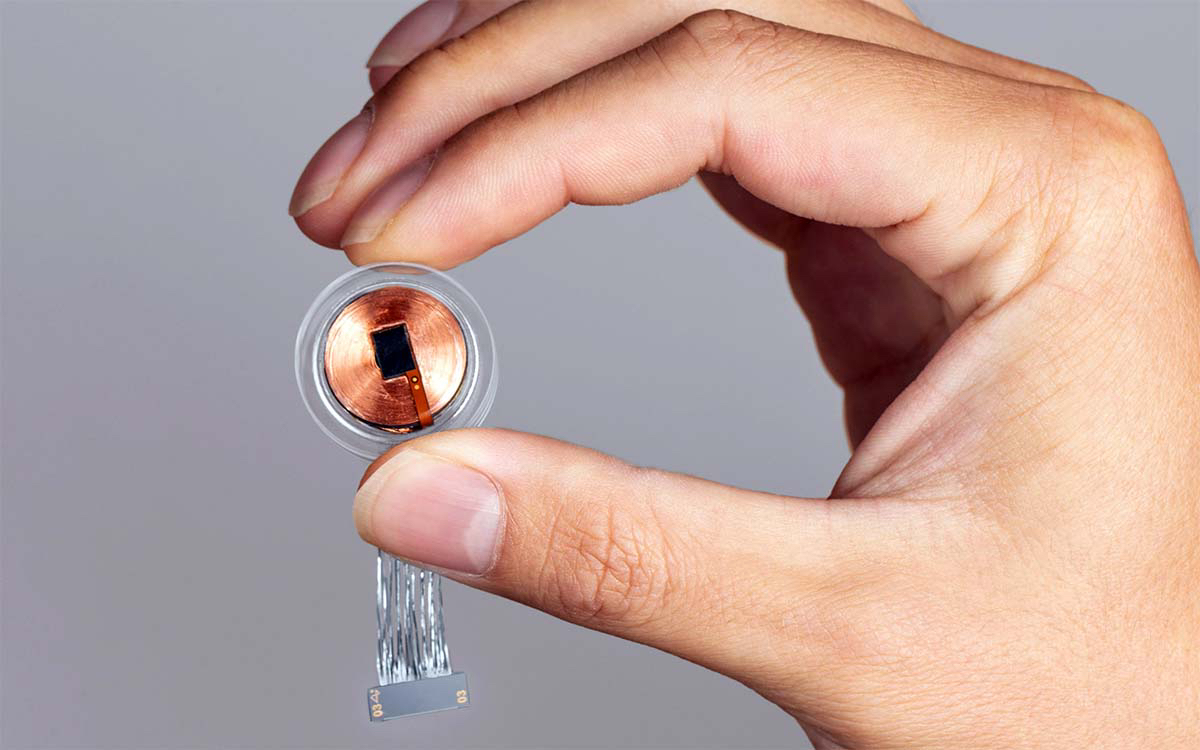Neuralink, the neurotech startup co-founded by Elon Musk, has announced that it has been approved by the US Food and Drug Administration (FDA) to conduct its first in-human clinical study. The company’s brain implant, called the Link, aims to help patients with severe paralysis to control external technologies using only neural signals.

For instance, individuals with degenerative diseases such as amyotrophic lateral sclerosis could potentially regain the ability to communicate with their loved ones by simply moving cursors and typing with their minds. This is a significant win for Neuralink, as no other Brain-Computer Interface (BCI) company has managed to clinch the FDA’s final seal of approval to date. However, the system requires invasive brain surgery and activists have criticised Neuralink for its alleged treatment of animals. Meanwhile, Musk has expressed his intent for Neuralink to also explore future use cases for healthy individuals, including potential treatments for blindness and mental illness.
While the approval of Neuralink's clinical study is a step towards a world where brain-computer interfaces are made possible, there are skeptics who point out that the technology is still in its infancy. It is still too early to assess the advantages and disadvantages of the technology, as the chip has not yet been tested on a living person. The creation of its final version could take much longer than expected, as the human brain is incredibly complex and incorrect intervention could result in harm.
While the game played by the monkey, Pager, using neural signals to control a video game was impressive, it is not a scientific breakthrough. Prostheses that replace parts of the brain have been in development for several years, and there are already neuroprostheses that can control robotic limbs through the use of implanted electrodes.
Despite the progress, the development of successful neuroimplants is still ongoing, with several cases of isolated incidents of implants that have helped patients regain lost functions. Nevertheless, scientists are optimistic that neuroimplants will continue to expand the capabilities of a healthy brain, and one day we will be able to manage all devices around us using only neural signals.







